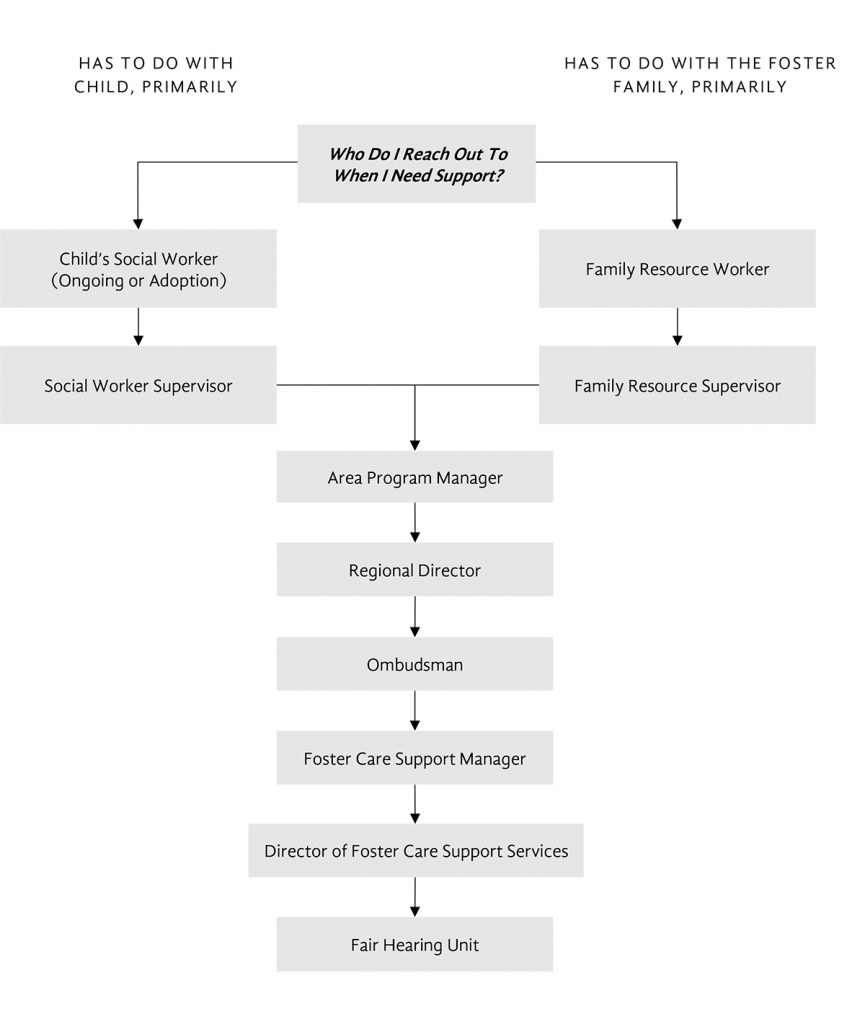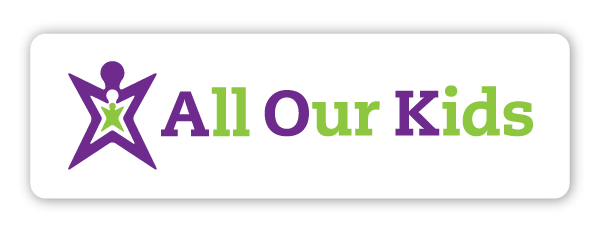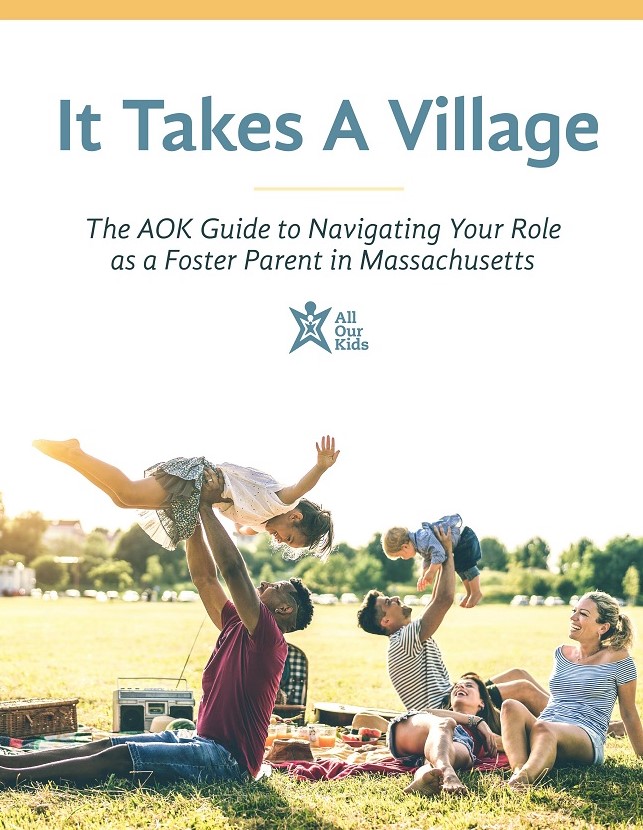Advocating As a Foster Parent
Being a foster parent is never an easy or straightforward experience. Inevitably, you will encounter challenges you weren’t expecting, surprises you’re not sure how to handle, and difficult situations that leave you wondering about the best course of action.
The child welfare system is not perfect – many of us think it’s terribly broken – and the way foster parents are viewed within that system leaves something to be desired. But right now, it is what we have, and it is the way it is. We have seen too many foster parents burn out quickly because they constantly fight battles they will never win, and cannot accept the realities of foster care. As foster parents, we need to accept that we are working within a system that is primarily set up to ensure birth parents’ rights to parent their children, and does not always do a good job at ensuring the best interests of those children. It can be truly and overwhelmingly heartbreaking to bear witness to the trauma the foster care system sometimes inflicts on children, and it can feel absolutely hopeless to know there’s only so much you can do about it. As foster parents, we advocate, advocate, advocate. We are the squeaky wheel, trying to get the grease. We will preach to the choir until the cows come home….
… But at the end of the day, major decisions in our foster children’s lives are typically out of our hands. The foster parents who have the hardest time navigating the system, and who end up with the shortest tenures as foster parents, are those who struggle to understand and accept these limitations.
On the other hand, we do not suggest that you sit quietly on the sidelines while you, your foster children, or your family is done a disservice by the child welfare system.
But we do suggest that you do your best to understand the system, to ask polite questions, to partner with your social workers as much as possible, to raise concerns, and also to embrace the fact that you simply cannot make all the decisions you might wish to make. And that might be the toughest part of foster parenting.

Many DCF social workers are extremely organized, effective, and good at their jobs.
It can be a real pleasure to work with these individuals, because they understand your needs and concerns, and it feels like you’re on the same team. Unfortunately, this isn’t always the case. Sometimes our calls or emails go unanswered, we expect one person to show up at our door but get another, or worse – no one shows up for a scheduled visit at all! Other times, social workers can be disrespectful, difficult to work with, will refuse to give you information or access to resources you know you are entitled to, or….. The list goes on. In a large state bureaucracy of so many employees, they are simply not all going to be effective and easy to work with. Additionally, we all know how overworked these DCF staff are, and sometimes they really just don’t have the opportunity to get back to you in a timely fashion. Whatever the case, there is always someone else to go to if you feel like you need to go up a chain of command.
Unlike many agencies or businesses, the DCF chain of command expects foster parents to raise issues, concerns, or time-sensitive needs to worker’s supervisors (and sometimes their supervisors).
It is not uncommon for a foster parent to reach out to an ongoing worker’s supervisor, for example, when they need to know if a visit will occur and they can’t reach the ongoing worker. Or a foster parent might need emergency respite and require assistance from the resource supervisor because their resource worker isn’t immediately available. At other times, you might have exhausted the possibility of working out a challenging issue or situation with an adoption worker and might need to involve their supervisor (and their supervisor as well), if you don’t get resolution.Similarly, although the vast majority of issues can be resolved with the front-line social workers (resource worker, ongoing, adoption) or their immediate supervisors, you certainly have the right to continue up the chain of command if your needs or concerns have not been addressed to your satisfaction. Here is the list of people who should contact, typically in this order. You will either start with your resource worker or the child’s ongoing/adoption worker, depending on the issue, and whether it’s a matter more having to do with family resource or a concern about the child.
Want to learn more about navigating your role as a foster parent in Massachusetts?
It Takes a Village is the first and only comprehensive guidebook available. Order your copy today!

